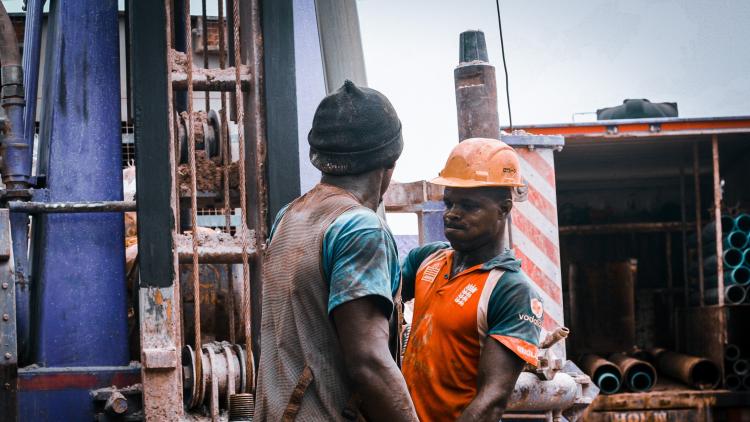Natural resources, development and change: putting critical analysis into practice

Key information
- Status
- Module not running
- Module code
- 151010050
- FHEQ Level
- 6
- Credits
- 15
- Department
- Department of Development Studies
Module overview
This module discusses approaches to 'doing development politically' as currently practised in the field of natural resources management and governance. It focuses on how critical analysis has been translated into ‘transformative’ frameworks and approaches to development - in government and NGO/CSO projects and programmes. Three introductory sessions focus on i) critical approaches to natural resources and development analysis (political economy, political ecology, critical institutionalism); ii) the challenge of putting critical theory into practice as part of ‘transformative public action’; iii) the science-policy interface. The remaining seven sessions are devoted to discussion of frameworks and approaches for transformative public action in the field of natural resources management and governance. Four sessions focus on the application of specific analytical frameworks in practice (for example, frameworks for analysing access relations, resistance to policy reform, environmental entitlements, hegemony/benefit sharing in transboundary resource governance). Three sessions focus on concrete examples of transformative public action (examples of f.i. participatory research, development entrepreneurship, and action research). For each framework and approach characteristics, underlying assumptions, experiences and critiques are discussed.
Objectives and learning outcomes of the module
On successful completion of this module a student will be able to:
- Understand the challenges of translating critical analysis into practice in the field of natural resources management and governance;
- analyse the characteristics, underlying assumptions, experiences and critiques of selected frameworks and approaches;
Workload
Teaching takes place through a weekly 2 hour seminar.
Method of assessment
100% coursework. Each student will be expected to submit one essay worth 70% of the final grade and a book review worth 30% of the final grade. Resubmission of coursework regulations apply.
Suggested reading
Core Reading
- Smith, Neil. 1984. The production of nature. Chapter 2 in Uneven Development. Nature, Capital and the Production of Space. London: Verso (2010 edition), pp.49-91
- Robbins, Paul, 2004. Political Ecology. Critical Introductions to Geography. Oxford: Blackwell. (chapters 1 and 11)
- Cleaver, Frances 2002 Reinventing Institutions: Bricolage and the Social Embeddedness of Natural Resource Management. The European Journal of Development Research, 14(2): 11 - 30
- Wright, Erik Olin. 2010. Envisioning real utopias. London: Verso (chapter 2 ‘The tasks of emancipatory social science’; chapter 4 ‘Thinking about alternatives to capitalism’; chapter 8 ‘Elements of a theory of transformation’)
- Stein, Danielle and Craig Valters. 2012. Understanding theory of change in international development. JRSP Paper 1. London: The Justice and Security Research Programme LSE/The Asia Foundation.
- Faustino, Jaime and David Booth. 2014. Development entrepreneurship: how donors and leaders can foster institutional change. Working Politically in Practice Series – Case Study No.2. London: The Asia Foundation/ODI
Disclaimer
Important notice regarding changes to programmes and modules


